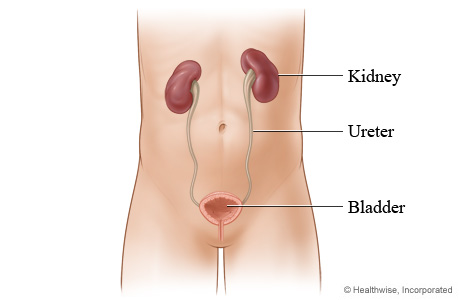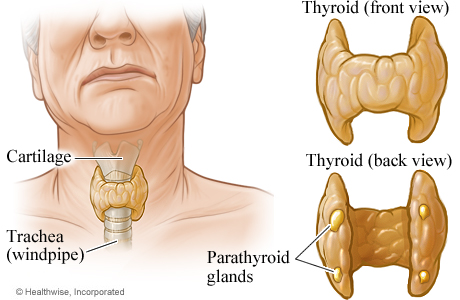Test Overview
The phosphate urine test measures the amount of phosphate in a sample of urine collected over 24 hours (24-hour urine test). Phosphate is a charged particle (ion) that contains the mineral phosphorus. The body needs phosphorus to build and repair bones and teeth, help nerves function, and make muscles contract. Most (about 85%) of the phosphorus contained in phosphate is found in bones. The rest of it is stored in tissues throughout the body.
The kidneys help control the amount of phosphate in the body. Extra phosphate is filtered by the kidneys and passes out of the body in the urine. If there is not enough phosphate, less is found in the urine. Kidney problems can cause high or low levels of phosphate in the urine. High levels of phosphate in the urine also may be caused by eating a meal high in phosphorus or having an overactive parathyroid gland. Some types of tumors may also cause high levels of phosphate in the urine.
Tests for calcium and creatinine levels may be done at the same time as a phosphate urine test.
Current as of: April 30, 2024
© 2017-2025 Healthwise, Incorporated. This information does not replace the advice of a doctor.







